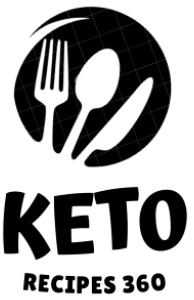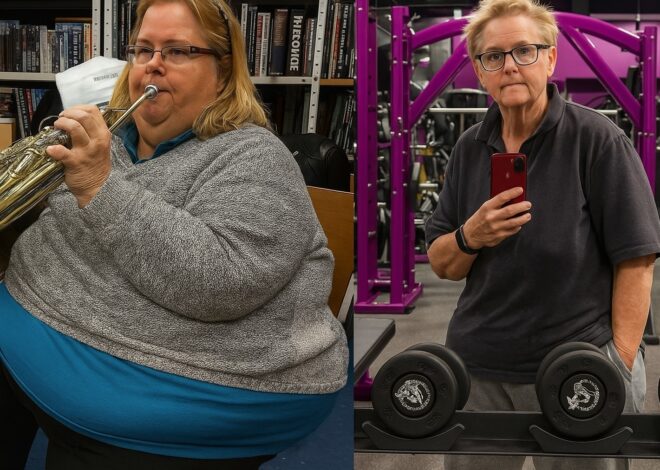
NO BAKE COOKIE CAKE
NO BAKE COOKIE CAKE
Ingredients:
For the Cookie Base:
- 2 cups rolled oats (gluten-free if needed)
- 1 cup nut butter (such as almond or peanut butter)
- 1/2 cup maple syrup or agave nectar
- 1/2 cup melted coconut oil
- 1 teaspoon vanilla extract
- 1/2 teaspoon salt
For the Chocolate Ganache:
- 1 cup dairy-free chocolate chips
- 1/2 cup coconut milk (or any other plant-based milk)
Toppings (Optional):
- Sliced strawberries, banana, shredded coconut, chopped nuts, etc.
Instructions:
- Prepare the Cookie Base:
- In a large mixing bowl, combine the rolled oats, nut butter, maple syrup (or agave nectar), melted coconut oil, vanilla extract, and salt. Mix until everything is well combined.
- Press into a Pan:
- Line a round cake pan or a springform pan with parchment paper. Press the cookie mixture firmly into the bottom of the pan to form an even layer. You can use the back of a spoon to smooth the surface.
- Prepare the Chocolate Ganache:
- In a small saucepan over low heat, combine the dairy-free chocolate chips and coconut milk. Stir continuously until the chocolate is fully melted and the mixture is smooth.
- Pour the Ganache:
- Pour the chocolate ganache over the cookie base, spreading it evenly with a spatula.
- Add Toppings (Optional):
- If desired, add your favorite toppings like sliced strawberries, banana slices, shredded coconut, or chopped nuts on top of the chocolate ganache.
- Chill:
- Place the pan in the refrigerator and let it chill for at least 2-3 hours, or until the cookie cake has set.
- Serve:
- Once the cookie cake is set, remove it from the pan using the parchment paper. Slice and serve!
Gut Health:
Plant-based diets are often associated with improved gut health due to the high fiber content from fruits, vegetables, and whole grains. A healthy gut microbiome is linked to better digestion and overall well-being.
Anti-Inflammatory Properties
Many plant-based foods have anti-inflammatory properties, which can help in reducing inflammation in the body. Chronic inflammation is associated with various health issues, and a vegan diet may contribute to its prevention.
Sports Performance:
Contrary to the misconception that vegan diets lack protein, many successful athletes follow plant-based diets to enhance their performance. Plant-based proteins can support muscle building and recovery.
Reduced Risk of Foodborne Illnesses:
Plant-based diets eliminate the risk of foodborne illnesses associated with the consumption of undercooked or contaminated animal products.
Economic Impact:
A vegan diet can be more economical as plant-based protein sources tend to be cost-effective compared to some animal products. It may be a budget-friendly option for individuals or families.
Mindful Eating:
Adopting a vegan lifestyle often promotes mindful eating. Being more conscious of food choices and sources can lead to a healthier relationship with food and a greater appreciation for the environmental impact of dietary decisions.
Preservation of Biodiversity:
The expansion of animal agriculture often leads to habitat destruction and loss of biodiversity. Choosing a vegan diet supports the preservation of ecosystems and the protection of various species.
Culinary Diversity:
Veganism introduces individuals to a diverse range of cuisines and ingredients from around the world. Exploring plant-based cooking can be a culinary adventure, embracing flavors and techniques from different cultures.
Reduced Antibiotic Resistance:
The use of antibiotics in animal farming contributes to the rise of antibiotic-resistant bacteria. Opting for a vegan diet can be a way to reduce the demand for such practices and promote responsible antibiotic use.
Cruelty-Free Beauty and Personal Care:
Veganism extends to beauty and personal care products. Choosing cruelty-free, vegan alternatives ensures that your lifestyle aligns with ethical choices beyond just dietary preferences.



